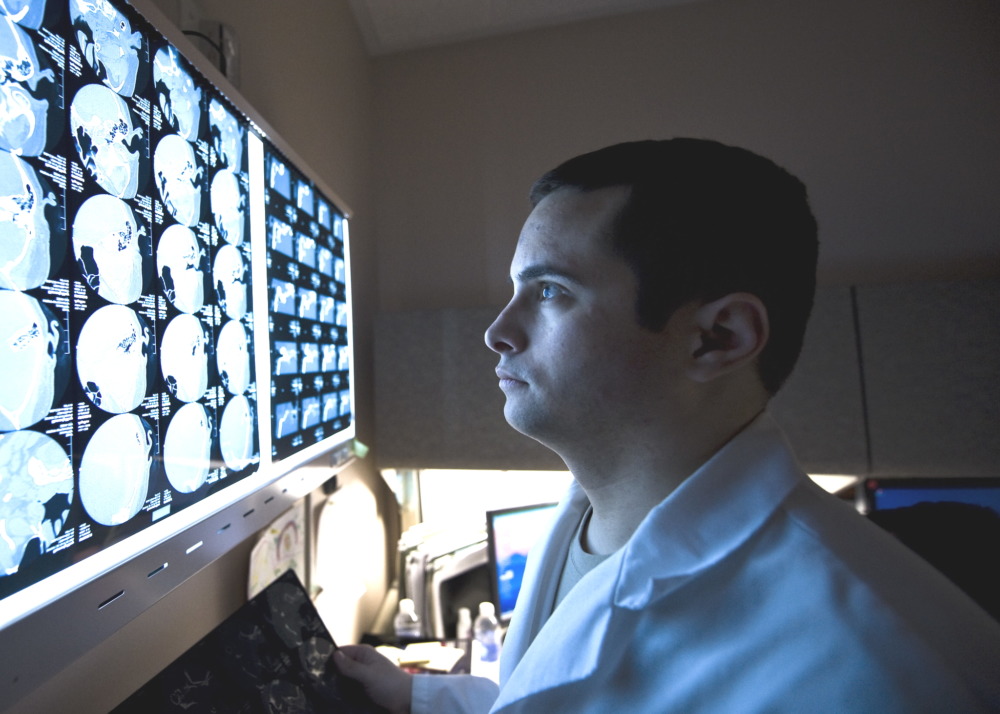Traumatic brain injury among juvenile offenders will be assessed as part of a three-year research project that’s slated to enroll the first of roughly 110 youth and young adult study participants in Florida as early as late January. Ultimately, the study aims to determine which TBI treatments might help keep those youth from cycling in and out of detention, complete their education and succeed at work.
The upcoming probe follows several previous studies suggesting that as many as 60% of men incarcerated in U.S. prisons had such head injuries.
The research to detect TBIs in juveniles will involve youth from five Florida detention facilities run by Youth Opportunity Investments, a private company that says its rehabilitation programs are trauma-informed, taking into consideration detainees, physical, mental and behavioral histories. Its services include mental and behavioral health counseling.
“The systems need to be changed to accommodate these kids as they’re being reintroduced into the communities,” said Denny Armington, president of the Youth Opportunity Foundation, an independent arm of the private juvenile corrections company. “The real issue we’re trying to get at is recidivism because that is rampant, and if you don’t do anything to try to change that, you’ll always get what you’ve always got.”
Because the participating facilities are all-male, the study, conducted by University of South Florida researchers, will enroll 13- through 22-year-old men and boys, said Armington, a former rehabilitation hospital administrator.
They will be selected from among hundreds of individuals screened for moderate and severe TBI as they are admitted to the juvenile facilities. The screening uses an assessment tool developed by Ohio State University that starts by asking interviewees to self-report if they have ever been hit in the head, been in a car accident, been involved in a fight or lost consciousness, for example. Researcher-clinicians will track the health of those diagnosed with such injuries from their entry through their release from juvenile facilities, when they will be linked with community-based clinicians who specialize in brain injury treatment.
Partnering with the Florida Department of Vocational Rehabilitation, the research project also aims to demonstrate whether treating TBI, alongside ensuring that brain-injured youths who re-joining their communities also succeed in school, get a job and access to career development, will help lower rates of recidivism among that population.
Pediatric neuropsychologist: TBI treatment should be individualized
Individualized treatment is critical to helping young people with TBI recognize and manage their disability, said Gerard Gioia, neuropsychology chief at Children’s National Hospital in Washington, D.C. He has studied and treated TBI in children for more than two decades, specializing in pediatric concussion and mild TBI and in disorders involving memory, self-control, ability to follow instructions and other so-called executive functioning skills.
If, for example, someone with pre-existing attention-deficit hyperactivity disorder suffers a concussion or mild TBI, he said, “… some of the impulsivity and that sort of thing gets kids in trouble. And depending on what sort of trouble they get in, you add on top of that a brain injury and now you’re multiplying, or certainly worsening” the situation.
Identifying TBI early is critical to providing effective interventions, and treatment needs to be tailored to patients’ individual needs, said Gioia, who heads his hospital’s Safe Concussion Outcome, Recovery & Education Program. Treatments can include keeping a concussed young person physically active to help that individual’s brain heal; and educating young people about what adversely affects the symptoms of TBI so that they are more readily avoid or walk away from situations that might trigger those symptoms.
“Coming out of the justice system is tough enough,” Armington said. “When you have an injury like TBI, it’s tougher. If we don’t do anything about this, that will be a serious mistake on our behalf.”
He continued: “If this topic has been broached, it hasn’t been broached thoroughly. I’m not a clinician. But I continue to be amazed that this has not been a bigger deal.”
JJIE editor Katti Gray contributed to this report.






























